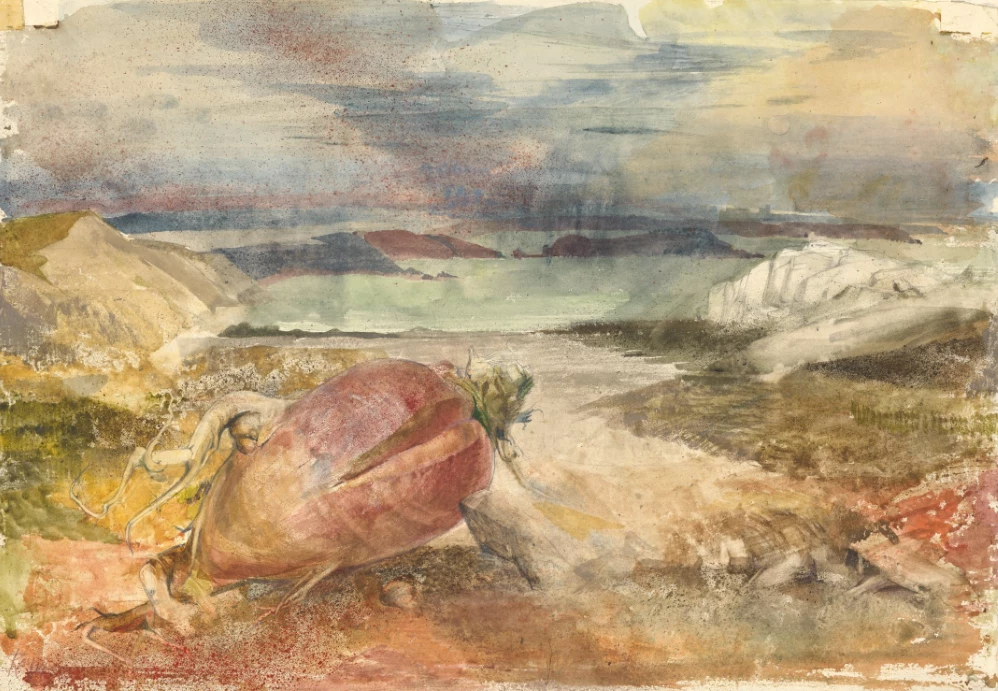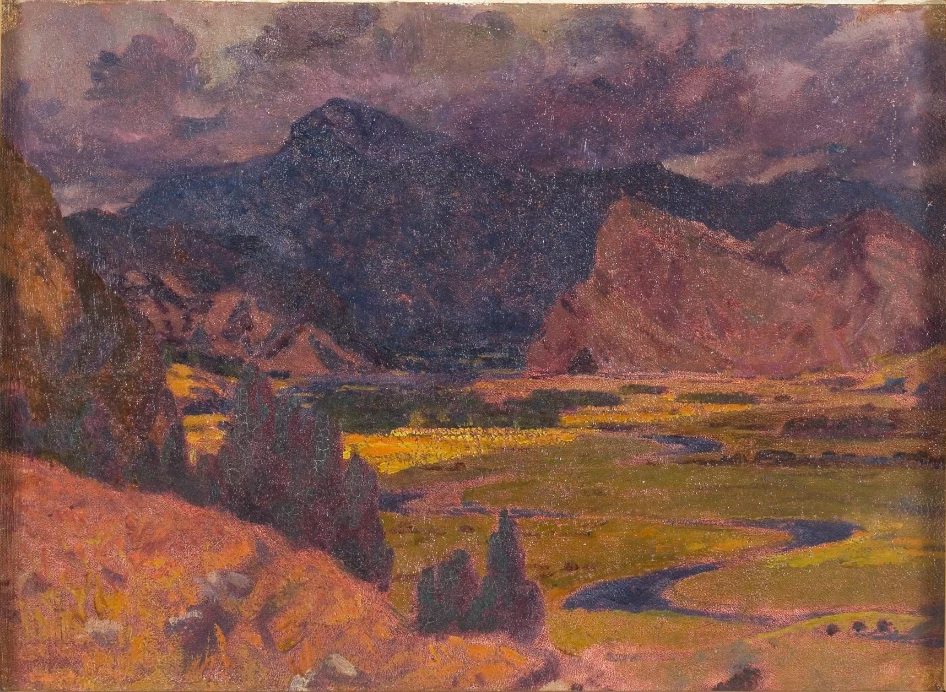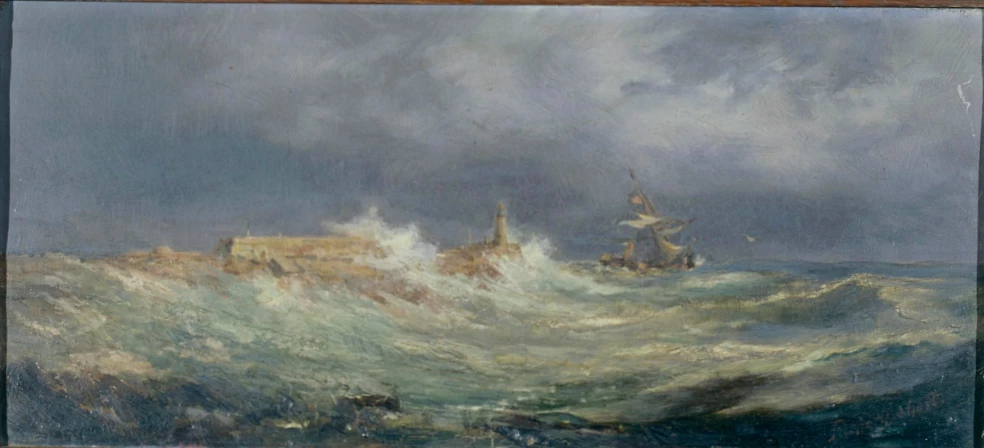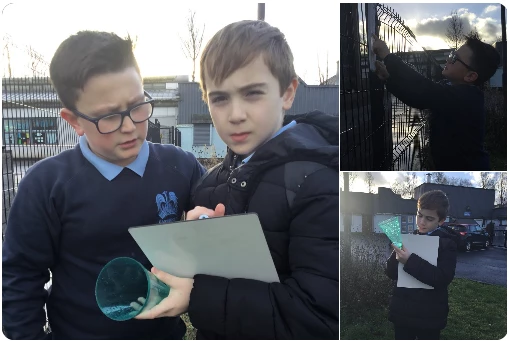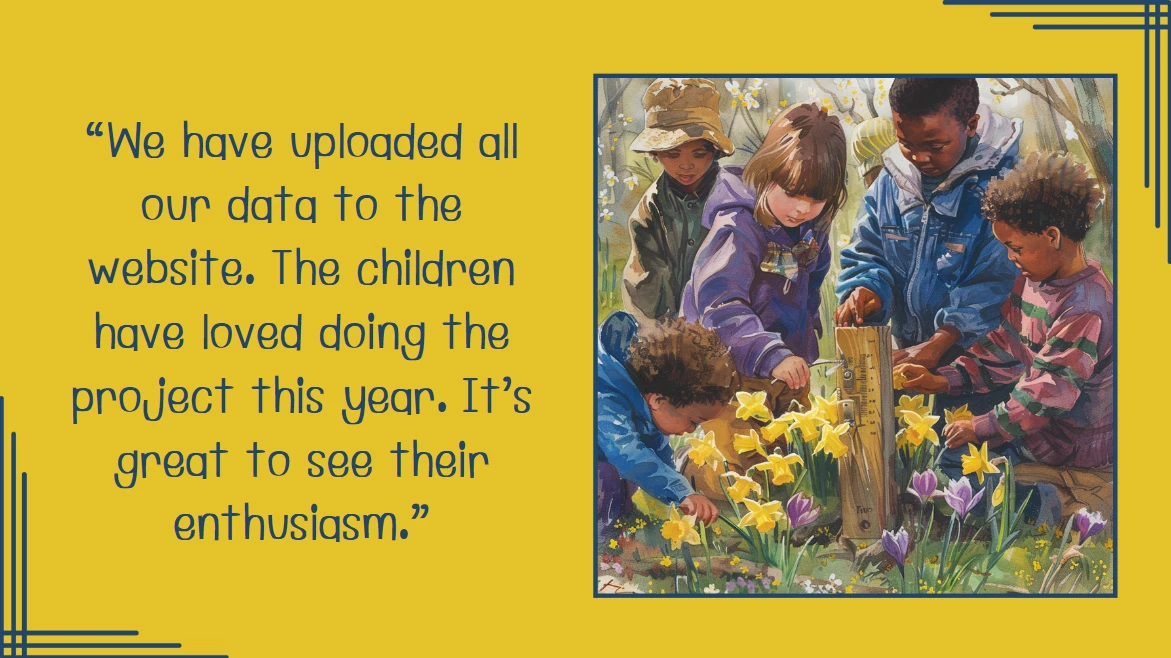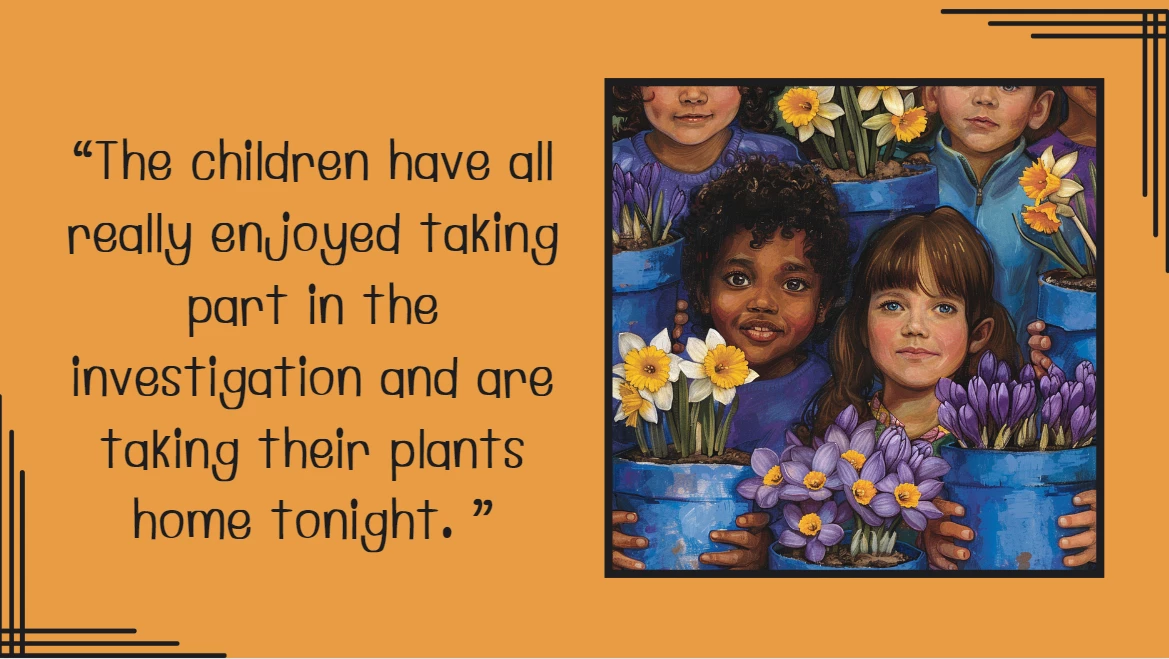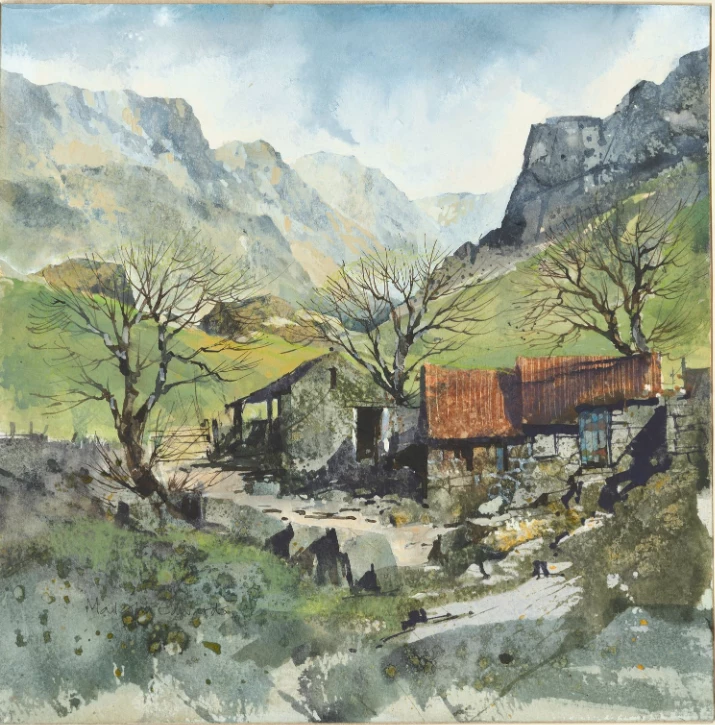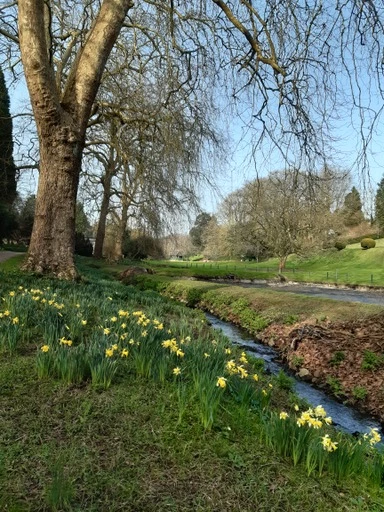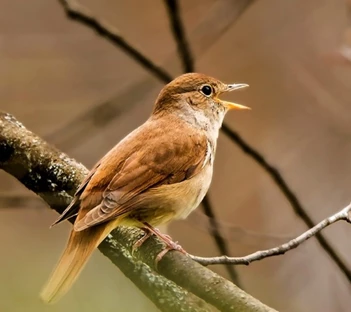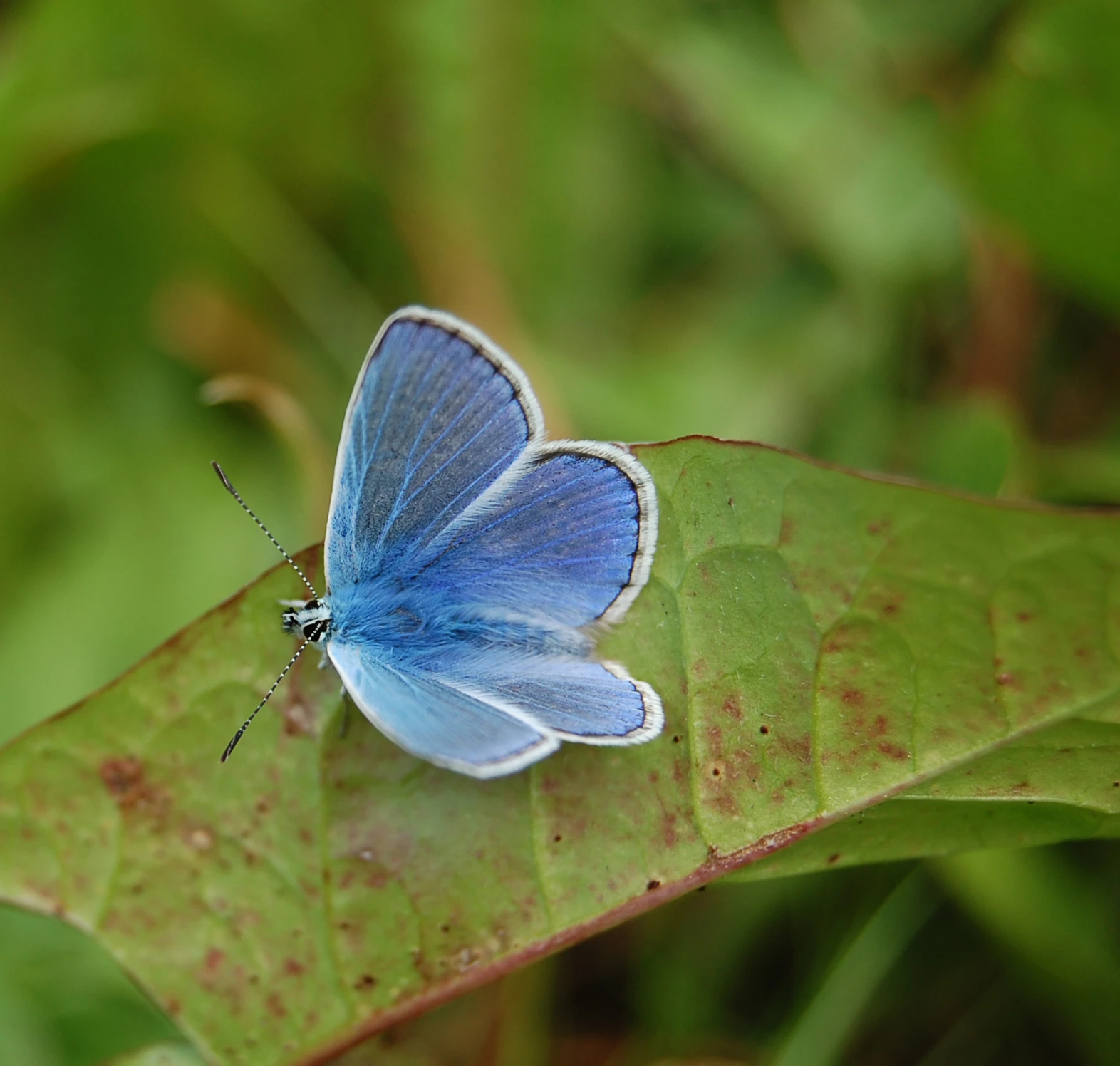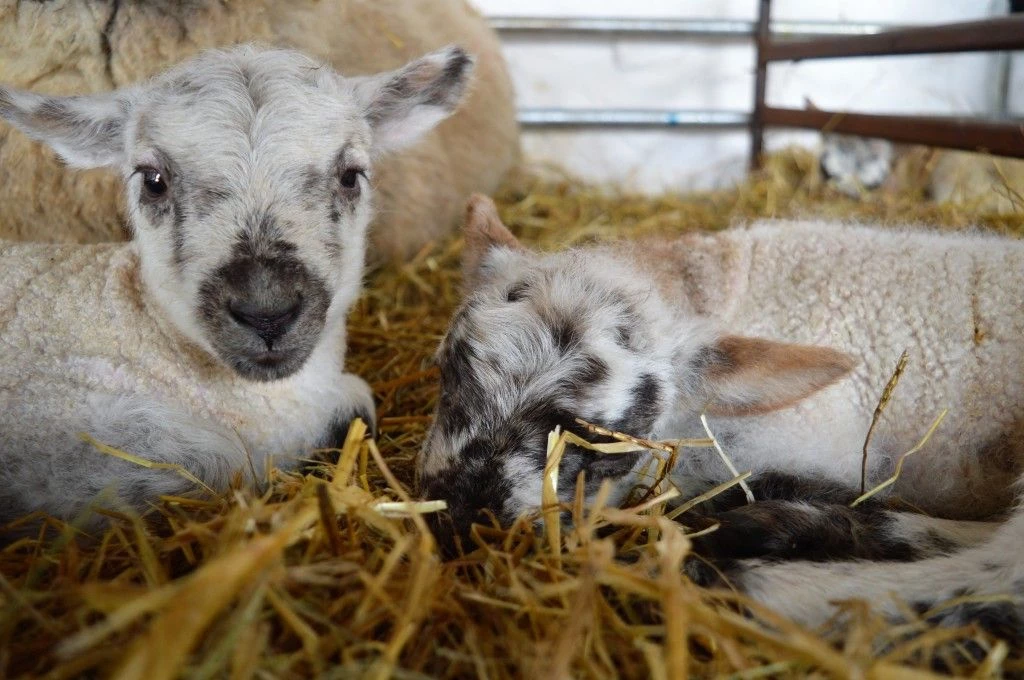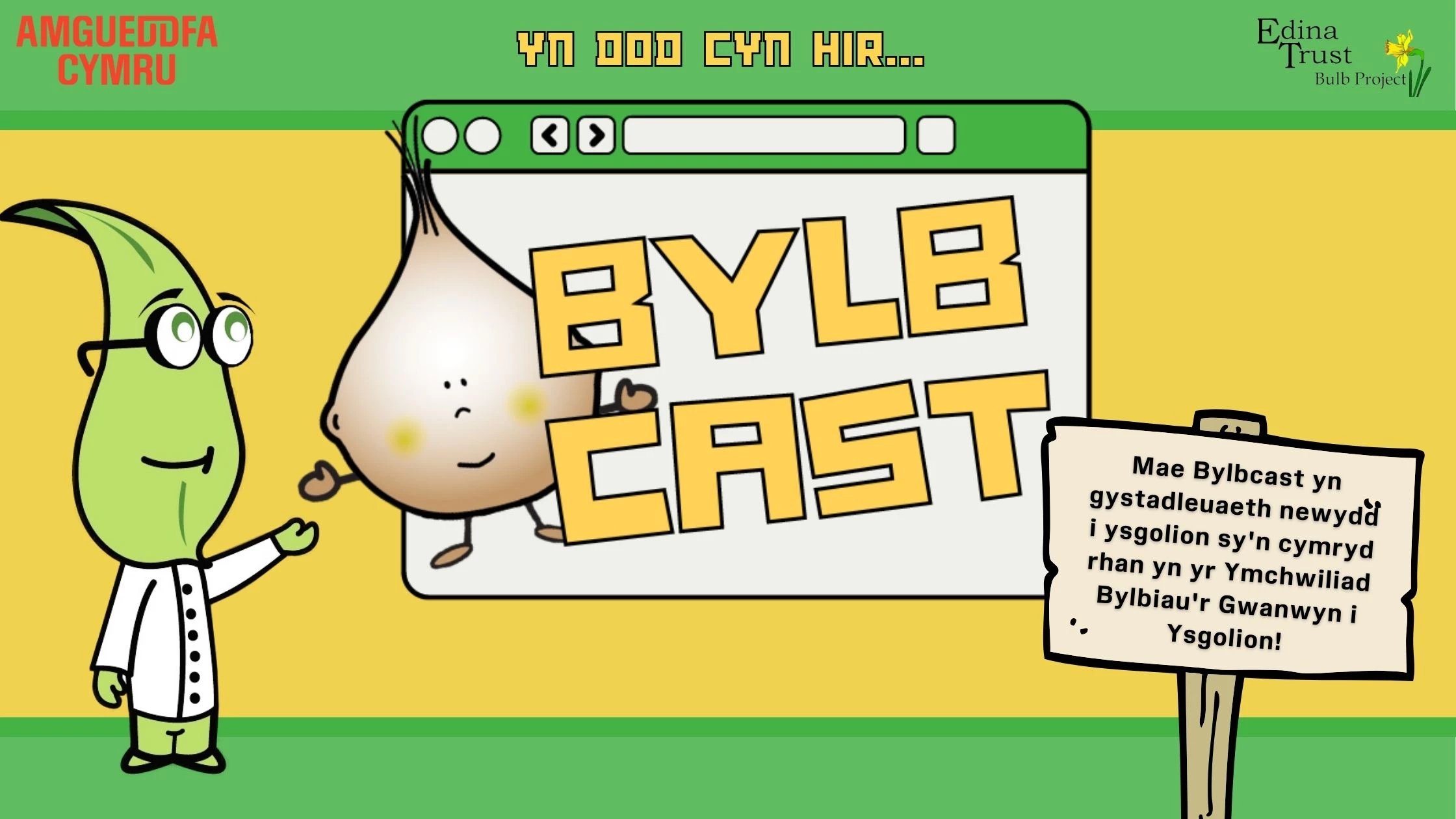Hi Bulb Buddies,
I want to say a big thank you to all the schools who took part in this year's Spring Bulbs for Schools Investigation.
Participating schools planted bulbs in October and then monitored and cared for these until they flowered. Pupils shared the heights of their plants and the dates that they flowered with us. They also took temperature and rainfall readings every day that they were in school from 1 November to 31 March, and uploaded this information to the Amgueddfa Cymru website. This data feeds into our nationwide study investigating the effects of a changing climate on the flowering dates of spring bulbs.
Here are the schools who helped us this year:
Winners
Wales: St. Mary's CiW Primary
England: Our Lady of the Assumption Catholic Primary School
Scotland: Gavinburn Primary School
N. Ireland: Portadown Integrated Primary School
Runner’s up
Wales: Cornist Park C.P
England: Roseacre Primary Academy
Scotland: Our Lady's RC Primary School
N. Ireland: Sacred Heart Primary School - Omagh
Special Recognition:
Wales:
Ysgol Gymraeg Tonyrefail
Ysgol Pennant
Ysgol San Sior
Ysgol Tycroes
England:
Fleet Wood Lane Primary
Stanford in the Vale
N. Ireland:
Irvinestown Primary School
St Joseph and St James's Primary
St Patrick's Primary School - Eskra
Highly Commended
Wales:
Bedlinog Community Primary
Churchstoke CP School
Forden CiW Primary
Hafod Primary
Henllys CiW Primary
Llanfaes CP School
Peterston Super Ely CiW Primary
Pil Primary School
Raglan VC CiW Primary
Rhayader Primary
Upper Rhymney Primary
Ysgol Bryn Pennant
Ysgol Casmael (Sir Benfro)
Ysgol Gymraeg Aberystwyth
Ysgol Gymraeg Dewi Sant
Ysgol Gynradd Llandegfan
Ysgol Tir Morfa
England:
Anchorsholme Academy
Eaton Valley Primary School
Educational Diversity
Ferndale Primary School
Kidgate Primary Academy
St John's CE Primary School
Sylvester Primary Academy
Scotland:
Abbey Primary School
Blacklands Primary School
Clare Primary School
Cortamlet Primary School
Cuthbertson Primary School
Doonfoot Primary School
Kirkhill Primary School
Kirkmichael Primary School
Langbank Primary School
Milton Primary School
Newmains Primary School
Newton Primary School
St Peter's Primary School
Whatriggs Primary School
Northern Ireland:
Carrick Primary School
Clonalig Primary School
St John's Primary School
St Mary's Primary School - Maguiresbridge
St Peter Primary School - Plumbridge
St Teresa's Primary - Craigavon
Tandragee Primary School
Super Scientists
Wales:
Albert Primary
Blaendulais Primary
Creigiau Primary
Eveswell Primary
Hay on Wye CP School
Mount Street Junior School
Neyland Community School
NPTC Newtown College
Pembroke Dock Community School
St. Mary’s CiW School - Wrexham
St. Michael's RC Primary
Trelai Primary
Waldo Williams Primary
YGG Bronllwyn
Ysgol Deiniol
Ysgol Glan Morfa (Conwy)
England:
Halsnead Primary School
Hamstead Junior School
Northwood Community Primary School
Old Park Primary School
Phoenix Primary Schoo
Prescot Primary School
Rowley Hall Primary School
Temple Meadow Primary School
Waterloo Primary Academy
Scotland:
Alloway Primary School
Bishopton Primary School
Elmvale Primary - Glasgow
Leslie Primary School
Livingston Village Primary School
Lochwinnoch Primary School
Logan Primary School
Our Lady and St Francis Primary School
Our Lady of Peace Primary
Underbank Primary School
Windyknowe Primary School
N. Ireland:
Grange Primary School Kilkeel
St Mary's Primary - Craigavon
St Mary's Primary School - Newry
Contributors
Wales:
Alaw Primary
Bryn Celyn Primary
Ffynnon Taf Primary
Glyncoed Primary
Hafod y Wern Community Primary
Johnston C.P. School
England:
Childwall C of E Primary School
Cronton CE Primary School
Grange Primary School
Marton Primary Academy and Nursery
Roby Park Primary School
Shireland Technology Primary School
St Kentigern's Primary School
St Paul's C of E Academy
Summerhill Primary Academy
Scotland:
Fordbank Primary School
Meldrum Primary School
St Conval's Primary School
St Cuthbert's Primary School
St John Ogilvie Primary School
St Patrick's Primary - Troon
St Vincent's Primary School
Northern Ireland:
St Paul's Primary School
Willowbridge Special School





